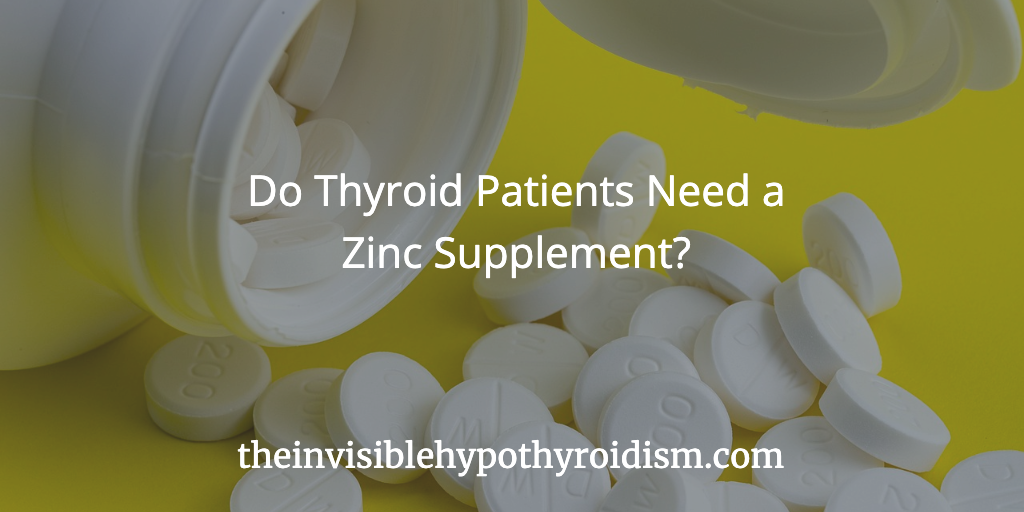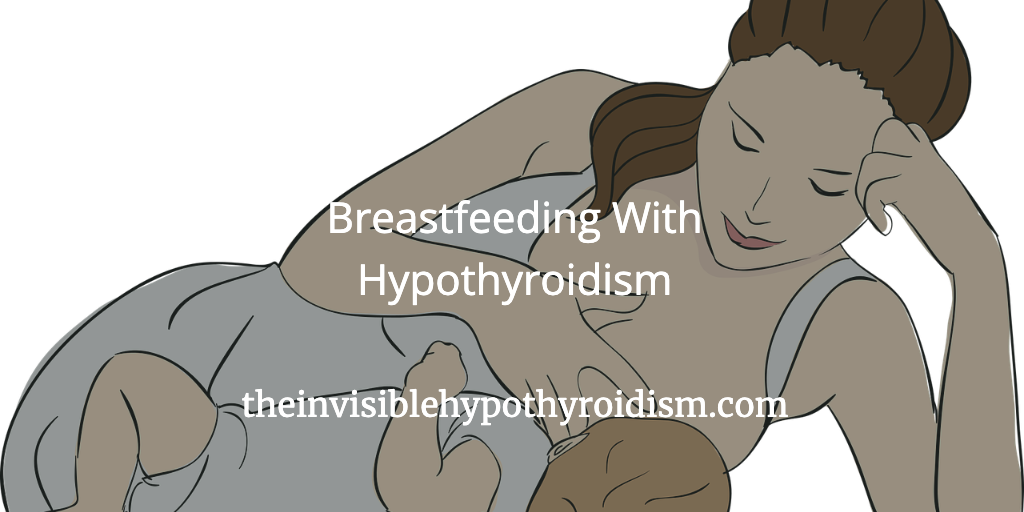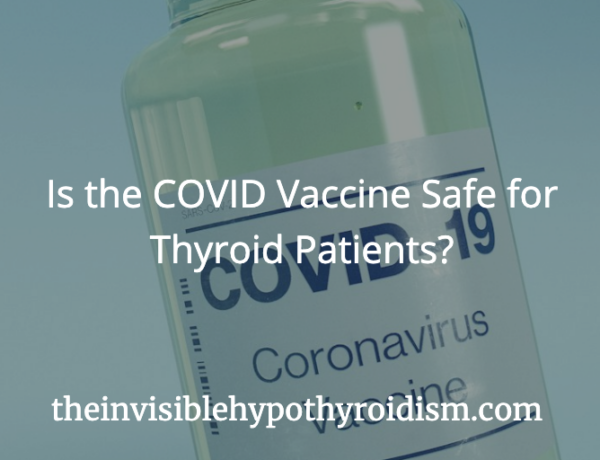Originally published on 16th April 2020 Last updated on 2nd August 2024
Do you experience any of the following symptoms or complaints:
- White spots on your nails
- Brittle nails
- Brittle hair or hair loss
- Dry skin or break outs
- Poor immune system function
- Poor wound healing (cuts taking ages to heal)
- Diarrhoea
- Fertility or sexual health issues (e.g. erectile dysfunction)
- Low moods/depression
Many of us could be blaming these symptoms on our thyroid condition, unaware that a zinc deficiency could be the true cause.
What is Zinc?
Zinc is a trace mineral that we all need in order to stay healthy. Of the trace minerals, zinc is second only to iron in its concentration in the body. Zinc plays a role in over one hundred bodily functions, including immune system function, gut health and tissue healing.
A quarter of the population is estimated to be deficient in this mineral, but those with thyroid conditions such as hypothyroidism and Hashimoto’s are often thought to be more at risk, as we are often likely to have various low nutrient levels, with low Vitamin D, iron and B12 also seen fairly often in thyroid patients. This may be due to poor gut health.
Zinc is needed for the production of TSH (thyroid stimulating hormone) and research has shown that both hypothyroidism and hyperthyroidism can result in zinc deficiency. It also plays a role in the functioning of the immune system and low zinc levels have been found to be common in obese people.
This trace mineral can even be good for gut health (handy if you’re working on improving your gut health as part of the big thyroid jigsaw puzzle), as it helps to tighten the intestinal junctions of those with ‘increased intestinal permeability‘.
Zinc is needed to convert the storage thyroid hormone T4 into the active form; T3. A thyroid hormone conversion problem can cause weight gain, among other ongoing symptoms, with hypothyroidism, due to insufficient levels of thyroid hormone.
Research also states that:
“Serum concentrations of zinc also appear to influence the levels of serum T3, T4 and TSH. In addition, studies have shown that Zinc transporters (ZnTs) are present in the hypothalamus, pituitary and thyroid, but their functions remain unknown.” [1]
Also important for immune function, those low in zinc may experience frequent illness, colds and allergies. Taking zinc at the first sign of a cold can help to fight it off much quicker, and this is a trick I use myself to ward off illness as soon as I feel it coming on.
How Do I Know if I have Low Zinc?
Tests can be ordered by your doctor, but if they refuse, there are also self-order online options.
However, it is important to keep in mind that some blood tests may not be completely accurate, as they only tell us the level of cellular zinc. So signs and symptoms of zinc deficiency can persist, despite normal looking test results.
How Can I Improve Low Zinc Levels?
As well as taking a supplement (preferably with the guidance of a medical professional) and eating food high in zinc, addressing poor gut health (such as increased intestinal permeability and low stomach acid) can help you to absorb and retain more zinc from your food. Keep in mind that acid suppressors such as Omeprazole can deplete zinc levels too, so looking at other ways to directly address any stomach acid and reflux issues can be beneficial, as well as supplementing alongside these medicines.
Zinc can also become depleted due to adrenal stress, such as adrenal dysfunction (commonly called ‘adrenal fatigue’), so by addressing high cortisol levels, this can also help. You may need to supplement zinc whilst overcoming adrenal issues.
Foods containing the most zinc include:
- Oysters
- Lobster
- Chicken
- Pork
- Beef
- Liver
Therefore, those on vegetarian or plant-based diets are at an increased risk for low zinc levels. [2]
Alcohol and oxalate-rich foods also deplete zinc levels, so consuming these in moderation (ore removing them) can help.
If you opt to take a zinc supplement, it’s worth knowing that you shouldn’t take it close to any iron containing medications or supplements, as this can affect absorption. Doses of no more than 30mg a day are often suggested, although my functional medicine practitioner told me she never recommends more than 20mg a day to be on the safe side. Doses of 40mg or more can deplete copper and iron levels.
Taking too much zinc can lead to toxicity, with symptoms such as pain, vomiting, and diarrhoea. If in doubt, test your zinc levels before you start supplementing, to ensure you don’t over-do it by taking too much and discuss taking any new supplements with your doctor.
Example of a zinc supplement:
Pure Encapsulations – Zinc 30 – High Absorption Zinc Picolinate – 60 Capsules
Have you found that supplementing zinc has helped any of your thyroid symptoms?
You can click on the hyperlinks in the above post to learn more and see references to information given.
References:
[1] https://pubmed.ncbi.nlm.nih.gov/30982439/
[2] https://www.ncbi.nlm.nih.gov/pubmed/12936958





